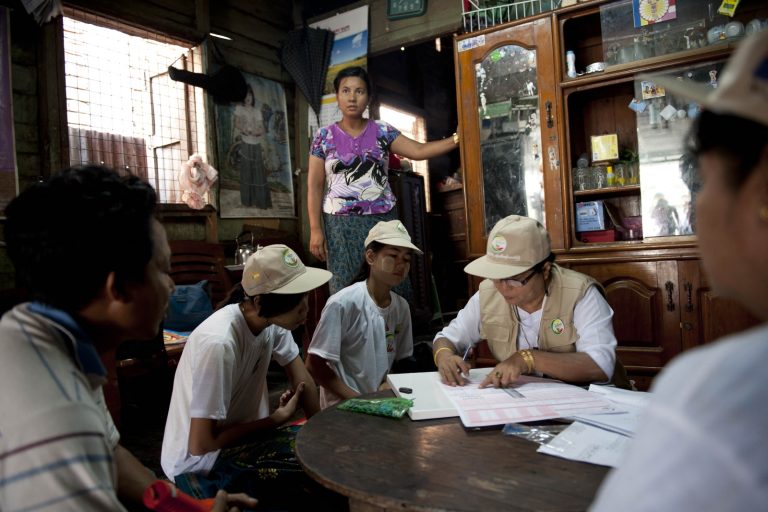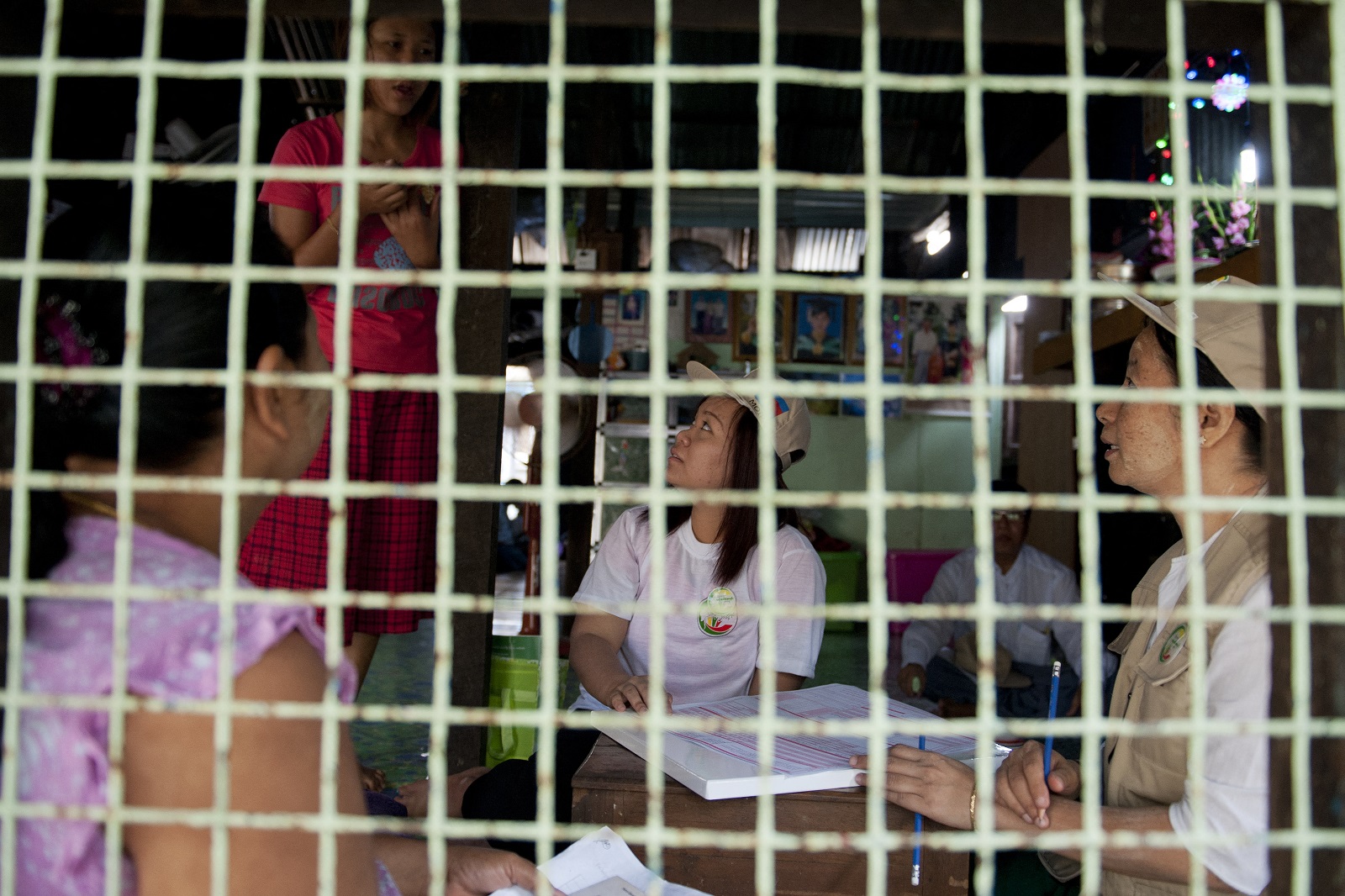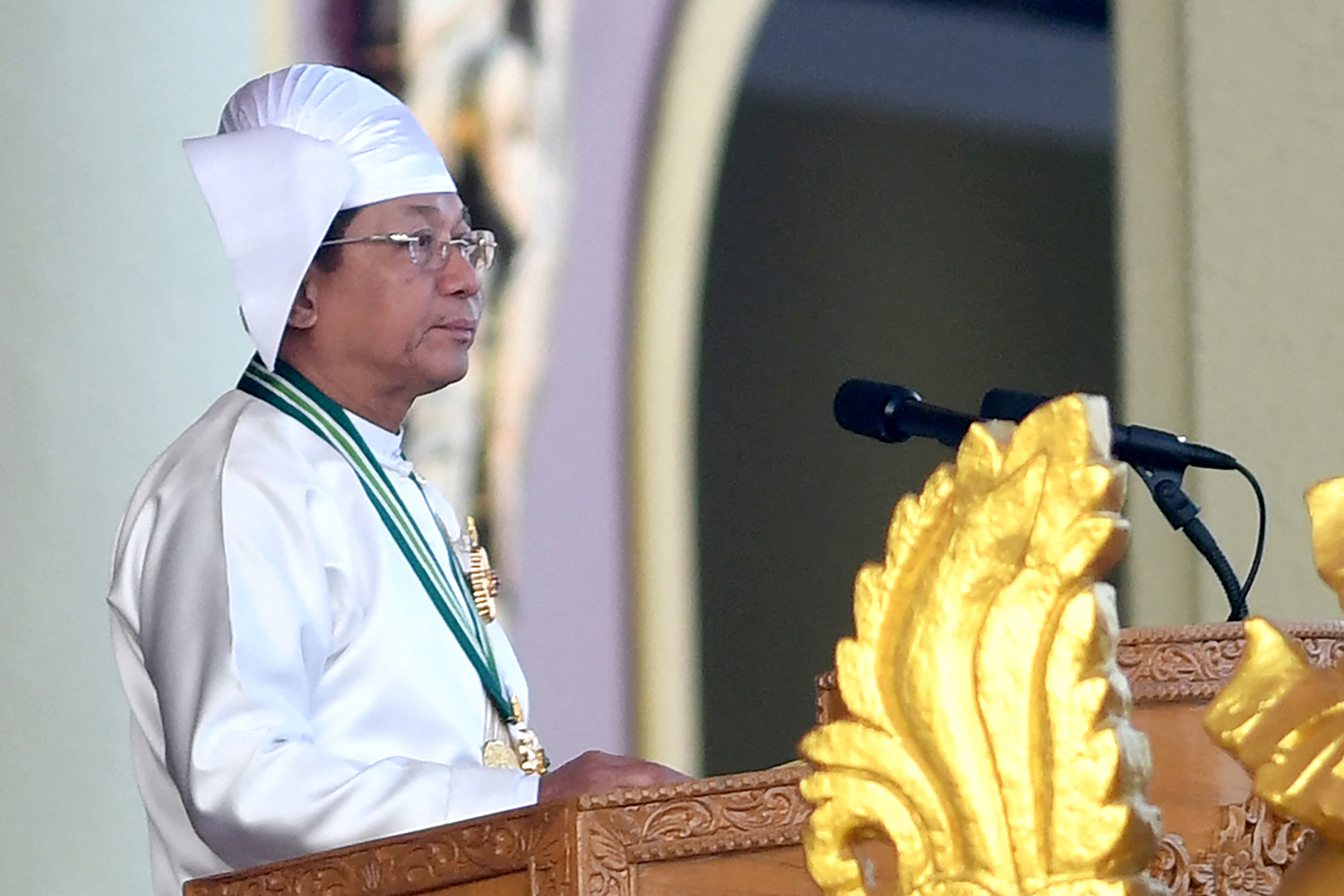Attention will now focus on the final official results and their implications for the formation of the next government of Myanmar.
The results are still emerging from the successful general election on November 8. It will be about two weeks before the final release of the official results, because election tribunals will need to consider and make rulings on complaints lodged by candidates.
The main significance of the election is that it was peaceful. Except for some heated arguments at polling stations that took place for a range of reasons, mainly problems with voter lists, the election took place without any serious conflict, bloodshed or chaos.
This was a relief because ahead of the election, many Myanmar people and international organisations, such as the United Nations, had been concerned about the possibility of religious or racial conflict on the eve of the vote and on election day. The lack of any serious conflict is one reason why Myanmar can claim that the election was successful.
Another significant feature of the election was the high voter turnout, which was especially evident in big cities, where long queues of citizens at polling stations were a common sight. In some urban and rural electorates, the number of voters who turned out to vote was so large they were permitted to cast their ballots after 4pm, the official closing time for polling stations.
The high turnout followed repeated calls from National League for Democracy leader Daw Aung San Suu Kyi for the people to participate in the electoral process. President U Thein Sein and Tatmadaw Commander-in-Chief Senior General Min Aung Hlaing had also urged the people to vote.
Support more independent journalism like this. Sign up to be a Frontier member.
A big difference between this election and that held in 2010 was that vote counting came under closer scrutiny. The process was monitored by the representatives of political parties and observed by members of international and domestic organisations. They included the European Union, the Carter Center, the Asian Network for Free Elections and domestic observer groups.
Although the final, official result has yet to be released, it is certain that the NLD has won a majority of seats in the Union parliament. It is not clear yet whether the NLD will be able to form a government because that would depend on its preferred candidate becoming president. However, it is certain that the NLD will be able to nominate one of the three candidates for the presidency because it has won a majority of seats in the Pyithu Hluttaw. Daw Aung San Suu Kyi has yet to reveal who will be the NLD’s candidate for the presidency.
The election defeat suffered by Pyithu Hluttaw Speaker Thura U Shwe Mann has terminated his political career and dashed his ambition to become president.
Daw Aung San Suu Kyi, President U Thein Sein and Senior General Min Aung Hlaing have all stressed the need for cooperation in the aftermath of the election. The post-election scenario will be one of cooperation and negotiation among the key stakeholders in the political arena.
The constitution provides for the next parliament to convene in early January and for a new government to take office on April 1. There is a high probability of a smooth handover of power.






